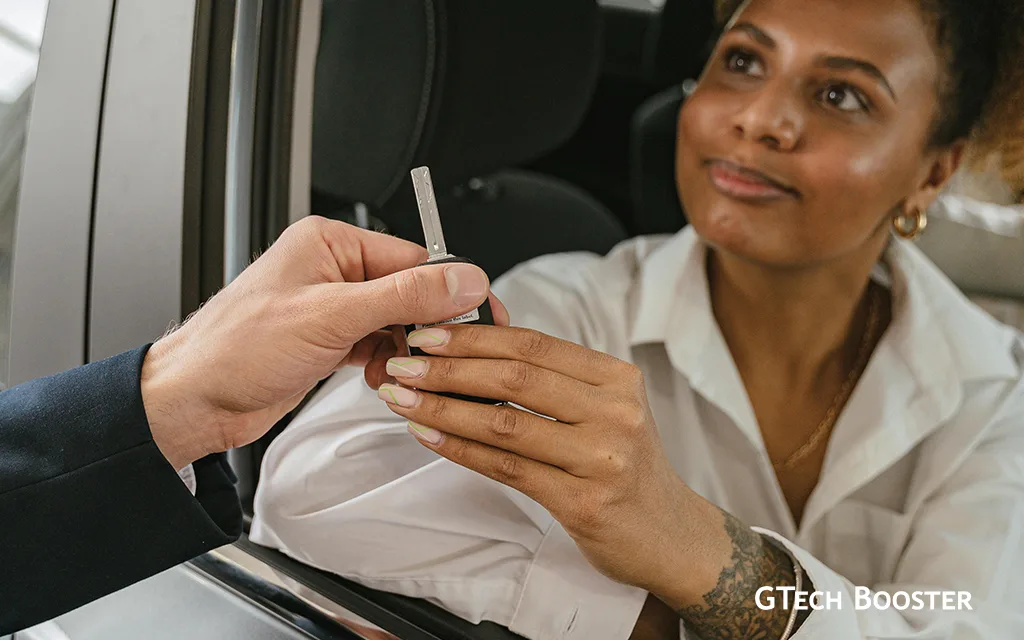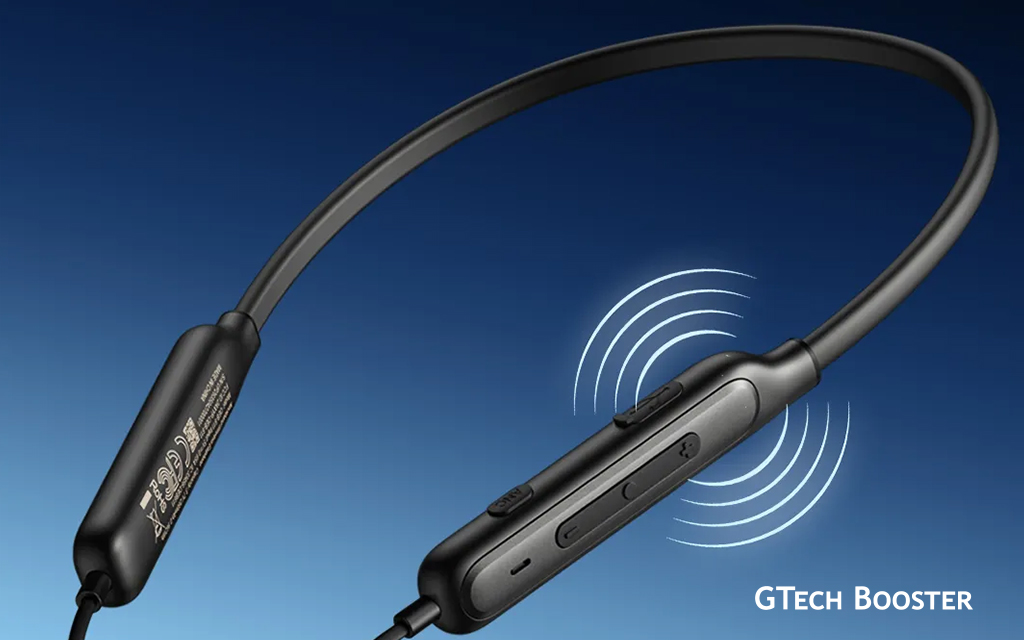A Comprehensive Guide to Buying a Used Car
Buying a used car for your home can be a rewarding experience if you approach it with caution and follow these best practices.

Buying a used car can be an exciting and cost-effective way to own a vehicle. However, it can also be a daunting process, especially for home buyers. To help you make an informed decision and find the perfect used car for your needs, we have compiled a list of best practices that you should consider. From thorough research to meticulous inspections, these guidelines will ensure a smooth and successful car buying experience.
Set a Budget
Before diving into the used car market, it’s crucial to establish a budget. Consider your financial situation, including the upfront costs, ongoing maintenance expenses, and insurance premiums. This will help you narrow down your options and avoid any financial strain.
Research, Research, Research
Knowledge is power when it comes to buying a used car. Utilize online resources, such as car listing websites, to research the make, model, and year of the car you’re interested in. Pay attention to common issues and recalls associated with that particular vehicle. Additionally, read reviews and seek advice from trusted sources to gather as much information as possible.
Determine Your Needs
Outline your specific needs and preferences in a used car. Consider factors such as passenger capacity, fuel efficiency, cargo space, safety features, and any other requirements. Having a clear understanding of your needs will help you focus your search and avoid impulse purchases.
Inspect the Car’s History
Obtain the vehicle identification number (VIN) and request a comprehensive vehicle history report. This report will provide valuable information about the car’s previous owners, accident history, service records, and any outstanding recalls. A clean history indicates that the car has been well-maintained and is less likely to have hidden problems.
Schedule a Professional Inspection
Even if the car appears to be in excellent condition, it’s essential to have it inspected by a trusted mechanic. They will thoroughly examine the vehicle’s mechanical components, including the engine, transmission, brakes, suspension, and electrical systems. A professional inspection can identify any potential issues that may not be visible to the untrained eye.
Take It for a Test Drive
A test drive is a crucial step in the car buying process. Pay attention to how the car handles, accelerates, and brakes. Test all the features, such as air conditioning, heating, and infotainment systems. Listen for any unusual noises and feel for vibrations. A test drive will give you a better understanding of the car’s overall condition and performance.
Negotiate the Price
Once you’ve found the right used car, it’s time to negotiate the price. Use your research and any identified issues as bargaining tools. Be prepared to walk away if the price doesn’t align with the car’s condition or market value. Remember, there are plenty of other used cars available, so don’t feel pressured into making a hasty decision.
Consider Financing and Insurance Options
If you require financing, explore different loan options to secure the best interest rate and terms. Additionally, obtain insurance quotes for the specific make and model of the car you’re purchasing. Compare rates from multiple providers to ensure you get the best coverage at an affordable price.
Buying a used car for your home can be a rewarding experience if you approach it with caution and follow these best practices. By setting a budget, conducting thorough research, inspecting the car’s history, scheduling a professional inspection, taking it for a test drive, negotiating the price, and considering financing and insurance options, you’ll be well-prepared to make a confident purchase decision. Remember, patience and diligence are key when buying a used car, and with these guidelines, you’ll be on your way to owning a reliable vehicle that fits your needs and budget.















